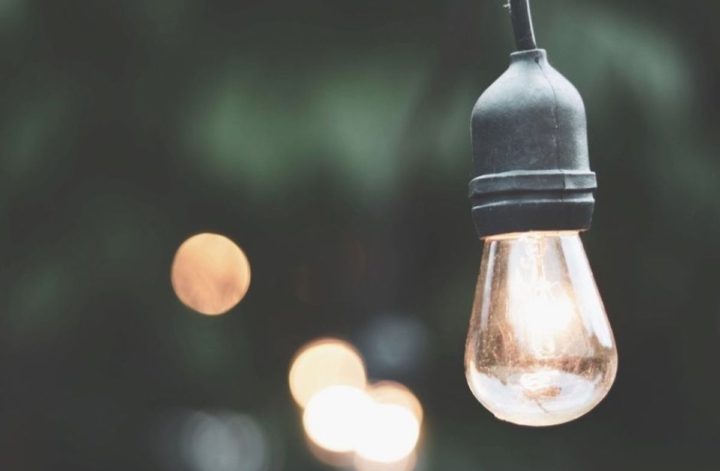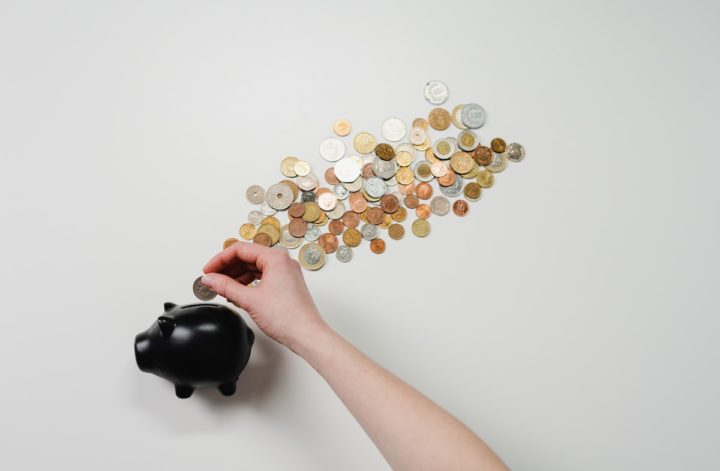Minimalism involves ridding your life of excess so you can live with intention and focus on what’s truly important. For me, the boundary between minimalism and zero waste is blurred: mindful living with less and buying with purpose. Have you ever thought about applying minimalism to your finances as well?
Minimalism in zero waste is buying what we need, investing in quality products that last longer, and using what we already have. By consuming and accumulating less, we free up time to focus on what’s really important.
Similarly, we can apply minimalism to our finances – spend with intention and exchange money for things in life that hold value or serve us in a positive way, and cut the rest out. Think of it as “decluttering” your financial habits to establish a balanced lifestyle.
In both cases, buying with purpose naturally reduces the amount we buy and the waste that is generated, benefiting our wallets and the planet.
MINIMALISM IN ZERO WASTE
Some say minimalism and zero waste are contradictory since minimalism is decluttering and living with less while zero waste advocates keeping and using what you have. Whatever lifestyle you choose, or a mix of both (like myself), it will mean something different to others since rarely do two people’s values and lifestyles align perfectly. Avoid the “one size fits all” expectations when determining what’s best for you. Here’s what the two have in common:
Reduce: living with less and buying what you need naturally reduces the waste produced throughout the product life cycle.
Buying Quality: items that last longer and can be repaired or upcycled means you’ll be buying less over time.
Declutter (carefully): use up what you have and pass on items you know you’re not going to use. If you’re not going to wear or use items within a year, you likely won’t miss them so donate or sell.
Mindset: understanding and adjusting your mindset on your current way of living, including the need to accumulate items for status or security. Align your life based on your priorities by understanding the value of the changes you want to implement in your life. Having clear goals will increase the probability of successfully incorporating new behaviours into your daily routine.

MINIMALISM IN FINANCE
Financial minimalism is simplifying and being intentional with your finances. This means being mindful of your financial habits and taking control of your money management. It’s finding financial balance, so your money best serves your lifestyle values and needs.
Reduce: the amount of money you waste. Nobody likes throwing away money to credit card interest or bank fees. Individually these expenses may seem insignificant, but if you sum them all up and consider the return you’d get for investing the money, it may change your mind. What would the return look like 5-10 years out?
Invest in Quality: quality products cost more but will last longer, meaning you won’t have to continue replacing the item (think disposables versus reusables). Having financial clarity will help you save for the upfront investment more easily.
Declutter: reducing financial clutter by reducing subscriptions and unused services will reduce the stress and anxiety of managing and maintaining the cash flow to pay for the services.
Mindset: You’re not alone if you think dealing with your finances is boring. But to change your current financial situation, you have to change your relationship with money. Know your financial values and goals. Start by creating a budget to understand your cash flow. Then determine how to manage your money efficiently so you can support and invest in organizations that align with your values.
Applying the principles of minimalism to my lifestyle and finances was my ticket to living debt-free.

HOW TO APPLY MINIMALISM TO YOUR FINANCES
TAKE OWNERSHIP OF YOUR FINANCES
Understand how you spend your money and where small changes will make big impacts. Start by categorizing your spending based on the different types of spending listed below.
- Fixed / Baseline costs: these are the expenses you have to pay for, such as rent or mortgage payment
- Variable expenses: these are the expenses we have the most control over to change our spending behaviours. Including groceries, fuel, clothing, entertainment or subscriptions.
- Periodic or Unexpected costs: these expenses occur a couple of times a year or are for fixing things as needed.
TAKE ACTION
It’s definitely easier to wish your finances to be in good standing. Taking responsibility and control of your spending leads to more informed choices. To start, create a budget, track your spending, and find ways to optimize and free up money that can be used to finance the life you want to live or to put towards larger financial goals.
Create a personalized budget that works for you. Determine where you’re spending your money, and from there determine what brings you joy and cut out what’s not working for you.
Look over your bank and credit card statements. Record your expenses and make a plan to remove expenses that you’re not happy paying, such as
- Bank fees
- Subscriptions you’re not using
- Reduce your cable or phone plan package
- Credit card or loan interest
There are many ways to optimize spending. Once you start looking, you may even find you’re paying for products or services you’ve forgotten about or aren’t using.
FEEL EMPOWERED
No matter your financial situation – heavily in debt or trying to get a hold of your day-to-day spending – when you understand your spending habits, you take back control of your money and your life.
Regaining power over your finances will liberate you from the stress of financial burden. Just like anything, it requires determination and willingness to stick to your budget. But once you get the hang of it, it’s actually easy (and even fun)!
FIND BALANCE
It’s easy to get caught up and even discouraged by the success of others who are further ahead in their financial goals. See this as a motivator rather than a hindrance. Everyone starts somewhere. It’s not easy to unplug from consumerism and trailblaze your own path to better your financial situation. Having the confidence to live a life centered around an authentic purpose is powerful. Ignore the social judgment and guilt of pursuing what’s important to you and the life you want to create for yourself.




